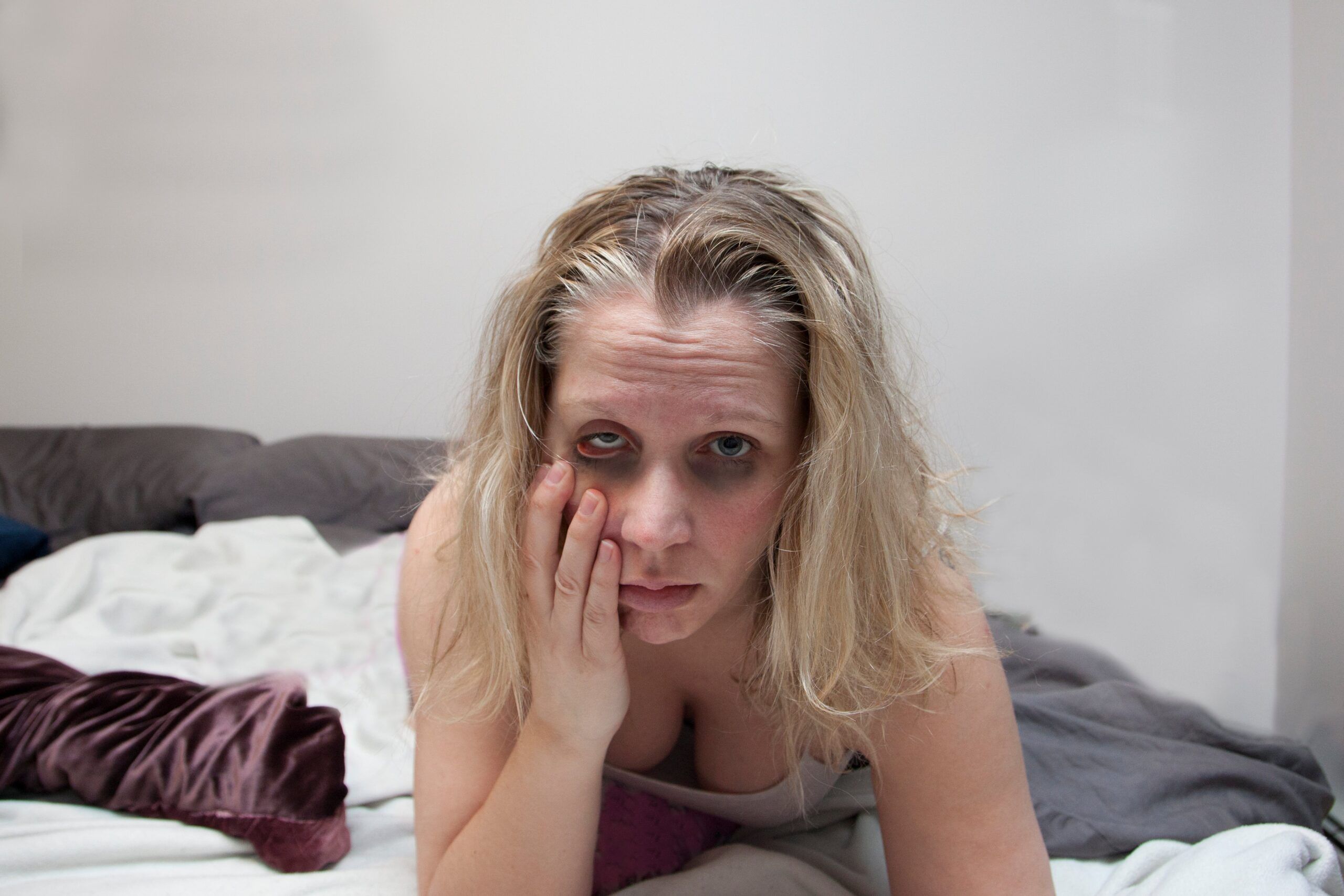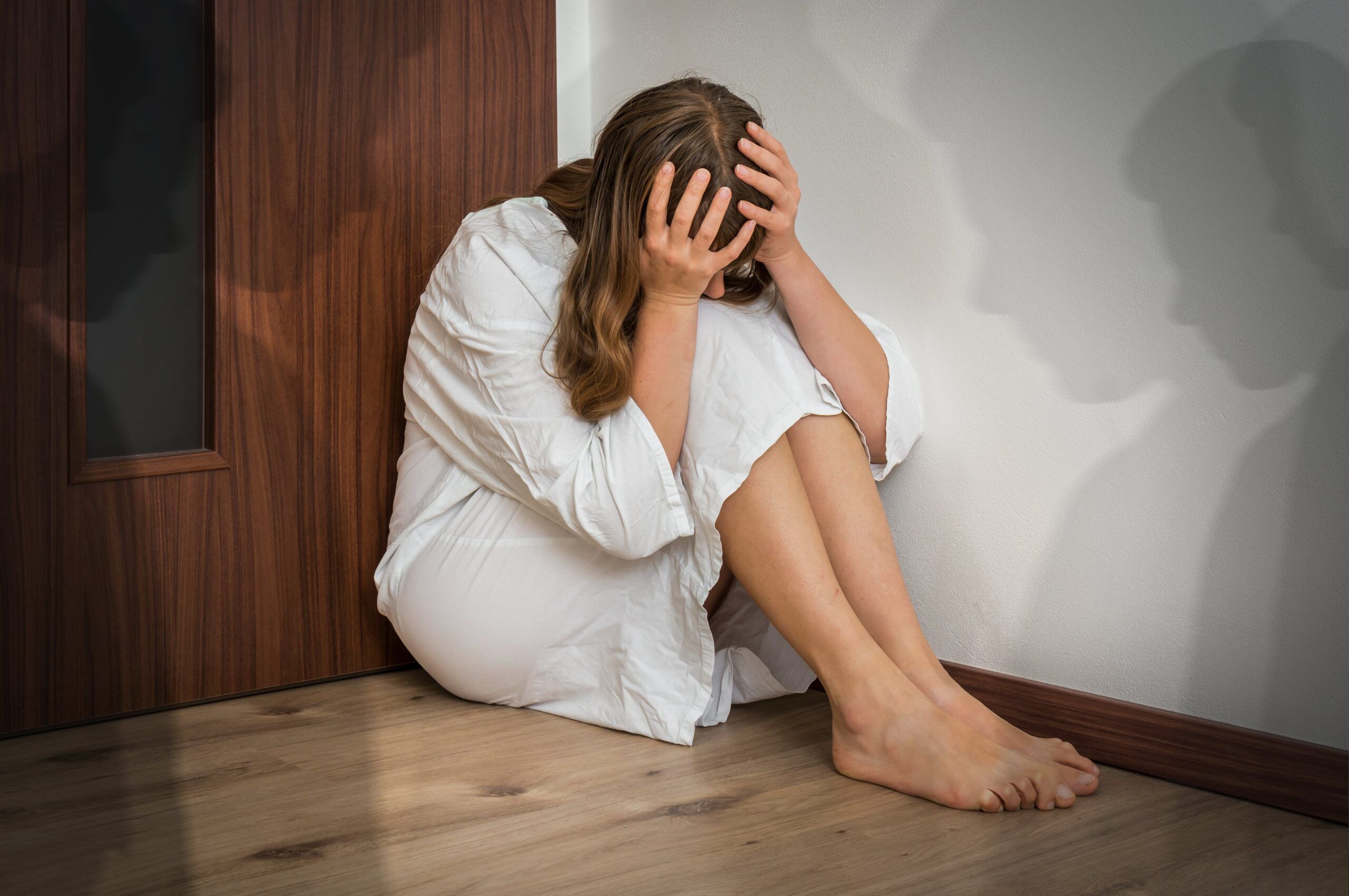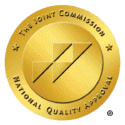Cannabis-Induced Psychosis: An Overview
One growing concern as marijuana is legalized in more states is the risk of cannabis-induced psychosis. The commercialized marijuana on the market is about 20 percent more potent and has high levels of THC, the psychoactive chemical compound in marijuana. As a result, the risk of young people developing weed-induced psychosis is increasing. Fortunately, treating cannabis use disorder and co-occurring mental health conditions can help overcome this condition.
What Is Cannabis-Induced Psychosis?
Cannabis-induced psychosis is the onset of psychotic symptoms from the use of marijuana. While rare, it can occur for various reasons in some individuals. Generally, younger people are more at risk because their brains are still developing. However, people with a predisposition and family history of certain mental health conditions, including bipolar disorder, schizophrenia, and depression, are also at risk.
Types of Cannabis-Induced Psychosis
There are two general types of weed-induced psychosis: acute and chronic. Acute psychosis is where the symptoms appear suddenly without any warning. The psychotic symptoms are usually short-lived and subside once the effects of marijuana wear off. However, they could return if marijuana use is continued.
Chronic psychosis is where the symptoms will persist and reoccur without the use of marijuana. Using marijuana can increase the frequency of the symptoms while also causing them to worsen. Chronic psychotic symptoms are generally related to a co-occurring mental health condition that may have been triggered by continued marijuana use.
Symptoms of Cannabis-Induced Psychosis
Psychosis is a generalized term used to cover several different symptoms that alter one’s perception of reality, and include:
- Delusions: Believing that something is true, even when there is evidence to support it is not. For example, believing that someone is being watched and followed.
- Depersonalization and dissociation: Feeling a sense of detachment from one’s body or believing things around them, including people and locations, are not real.
- Behavioral changes: Experiencing different behaviors that can change suddenly and quickly, such as mood swings, easily becoming angered, laughing at inappropriate situations, becoming hyperactive, or sinking into a catatonic state.
- Disordered mental processes: Having difficulties organizing thoughts, switching from one subject to another when speaking, speaking quickly, or chaotically moving from one task to another.
- Hallucinations: Hearing, seeing, or perceiving sensations, images, scents, smells, or colors that are not real but are believed to be real to the person experiencing the hallucination.
How Common Is Cannabis-Induced Psychosis?
Weed-induced psychosis is generally rare. However, higher THC levels in commercial marijuana have been linked to an increase in the number of cases in teens. One study found that regular use of marijuana by teenagers with TCH levels of 15% or more resulted in five times the risks of marijuana-induced psychosis. Another study reported that 47% of people who had experienced weed-included psychosis were diagnosed with bipolar disorder or schizophrenia.
The development of marijuana-induced psychosis in young people is more common because their brains are still developing until around the age of 25. Marijuana use during this time can interrupt normal neurodevelopment and lead to a range of issues, such as:
- Cognitive and thought problems
- Impulsive decision-making
- Increased risk-taking behaviors
- Difficulties at work or school
- Reduce reaction and coordination
- Relationship issues
- Increased risk of developing mental health conditions
Is There Treatment?
Several evidence-based and holistic therapeutic modalities can be used to treat cannabis-induced psychosis as part of a comprehensive and personalized treatment plan, including:
- Detox: Detox is the first step to overcoming cannabis use disorder and psychosis. Usually, the withdrawal symptoms from marijuana detox are not severe but should still be medically monitored to help reduce the risk of relapse.
- Inpatient Rehab: After detox, inpatient rehab can be beneficial for individuals who do not have a supportive home environment, could hurt themselves or others, or want to eliminate outside distractions to focus on their recovery. Inpatient treatment may also be recommended for people with co-occurring conditions.
- Outpatient Rehab: Outpatient rehab offers different levels of care and is ideal for people who have completed a higher level of care or do not require inpatient rehab. Instead of residing at the treatment facility, people continue living at home and have more flexibility in managing personal commitments and responsibilities.
- Aftercare: Aftercare treatment and relapse prevention planning are a vital part of sustained recovery. Aftercare plans can include ongoing therapy, peer support groups, medication-assisted treatment (MAT), and holistic therapies.
All of these treatment options provide access to a range of therapeutic modalities, such as:
- Individual Therapy
- CBT (Cognitive Behavioral Therapy)
- DBT (Dialectical Behavior Therapy)
- Group Therapy
- Family Therapy
- Trauma Therapy
- Holistic Therapies
- EMDR
- ACT
- Neurofeedback
- TMS Treatment
For people with co-occurring mental health conditions that were triggered as a result of long-term, high-potency marijuana use, dual diagnosis treatment is available at each care level. It is vital to treat both the marijuana use disorder as well as the co-occurring mental health condition to help reduce and prevent relapse.
Find Treatment at Sanctuary Treatment Center Today
Are you or a loved one struggling with marijuana use and cannabis-induced psychosis? Sanctuary Treatment Center in Los Angeles and our caring and compassionate team are here to help you on your road to recovery. We offer personalized care plans tailored to your specific needs. Contact us today for further information or to start the admissions process.
Published: 2/4/2025







